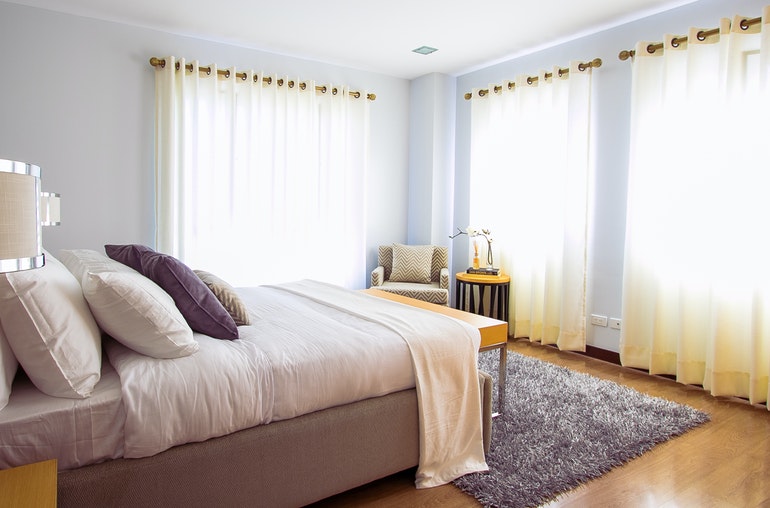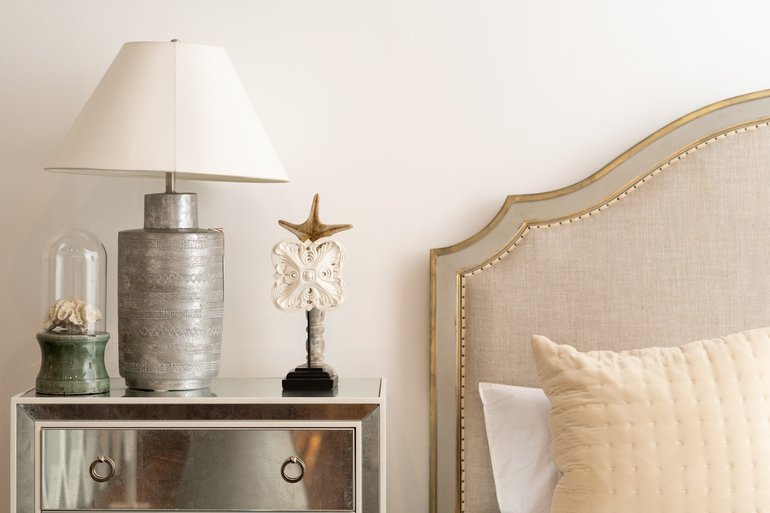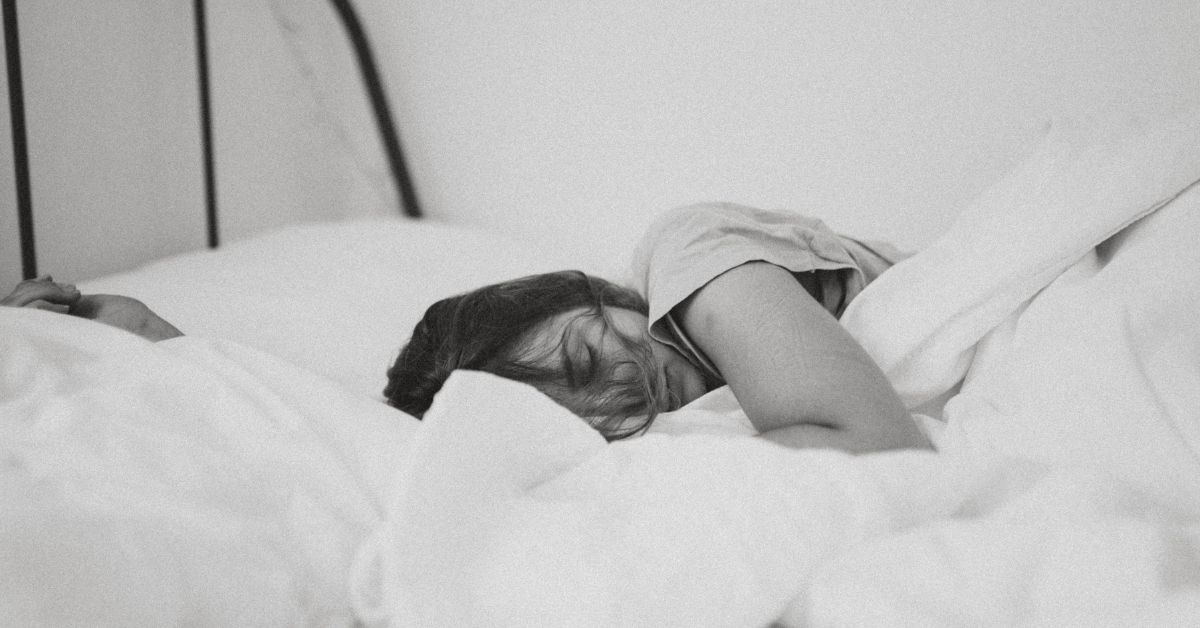Sleep is essential to our physical and mental well-being.
If you don't get enough quality sleep, the effects can range from exhaustion and trouble focusing to weight issues and depression. These can be serious problems, especially if you have to face them on a daily basis.
So it's essential to do everything you can to ensure that you can sleep comfortably at night. One of the things you can do to improve your sleep is to sound and light proof your bedroom. This will create optimal sleep conditions, making it easier for you to fall asleep in the evenings and sleep on through the night.
The best ways to sound and light proof your bedroom
The absolute best way to ensure that your bedroom doesn't have too much light or noise is to ensure that it's built that way.
After all, it's better to have a bedroom specifically designed for better sleep than to correct issues retroactively.
So look for smart quality construction when investing in a new apartment.

Thick walls and insulation
One of the biggest problems with modern apartment buildings is thin walls.
When your apartment, and by extension your bedroom, has thin walls, it's very easy for sound to penetrate both from other rooms in the apartment and the outside.
But that's not all - thin walls can also make it harder to maintain comfortable temperatures inside an apartment. This can be a problem if you're one of those people who can't sleep when they're too hot or too cold.
Luckily, you can resolve both of these issues by buying into modern apartment buildings with thick walls and good insulation. Of course, you can also insulate a home that doesn't already have insulation.
But this will be a significant project that can cost a lot of money.
Smart positioning of windows
Most people like to have a lot of natural light in their homes.
In addition to being better for your eyes than artificial light, it can make the space feel bigger, more open, airier, and fresher. But it's a bit different when we're talking about bedrooms. After all, this is where you want it to be dark and quiet.
So if possible, look for an apartment with strategically placed bedroom windows. Ideally, you want the bedroom windows facing east to encourage waking up to natural light.
On the other hand, you should avoid apartments with bedrooms that look out onto busy streets because it will be hard to combat light and noise pollution.
Sound and light proof your bedroom on a budget
If you find that your bedroom still has too much light and noise, which interferes with your sleep quality, it is the perfect time to start thinking about some remodeling projects.
You can use the time spent at home wisely and turn your bedroom into the perfect oasis of peace during the pandemic lockdown. The best part is that you don't even have to spend much money on it!
Rearrange your furniture
Furniture placement can be surprisingly effective in combating light and noise in the bedroom. Here's how you can move your furniture around to improve sleep quality:
● move your bed away from the window if you find the light coming through to be too much
● put your bed against the wall that separates your room from the least noisy area of the apartment
● place other larger and bulkier furniture between your bed and the wall that separates you from the noisiest areas of the apartment
● put a curtain in front of your door if you find that light and noise leak through the cracks there
● decorate the walls with tapestries to improve sound insulation
Invest in rugs and upholstered furniture
It's not just where your furniture is that has an effect on soundwaves. The right kind of furniture can also make a huge difference.
Soft surfaces are much better at absorbing sound so that the noise that does make it through the walls is not as disruptive. This is why foam is one of the things used in sound insulation - it's soft and porous. But even if you can't invest in sound insulation, you can maximize the number of soft surfaces in your bedroom by getting upholstered furniture.
A couple of armchairs will be much better for noise levels than a couple of regular wooden chairs, for example. You can apply the same logic to any piece of furniture. In fact, a tall upholstered headboard for your bed will do wonders to protect you from noise at night.
Finally, rugs and carpets are also worth considering. Not only will they absorb sound better, but they also look great in a bedroom.

Get blackout curtains
One of the easiest ways to lightproof your bedroom is to put up blackout curtains.
You can get them from just about any store that sells curtains and drapes or online. They are a relatively cheap way to drastically improve your sleep, leaving you with plenty of money for other home improvement projects to try.
Despite being both simple and affordable, they are highly effective. They will even help combat noise pollution coming from the outside by adding another soft layer between you and the sound coming in through the window.
What to do when it is not enough to just sound and light proof your bedroom
You might find it hard to sleep even after you sound and light proof your bedroom.
Unfortunately, this isn't uncommon. More than 60% of Americans have trouble sleeping at least several nights a week.
Luckily, there are things you can do aside from remodeling your room that will help: changing certain habits can improve sleep quality.
Start by implementing a sleep schedule - going to sleep at approximately the same time every day will make it easier to fall asleep at that time.
A healthy diet and regular exercise have also been proven to improve sleep quality.
Finally, limit your screen time. The artificial blue light from screens makes it harder to fall asleep. Avoid overexposing yourself to it, especially right before bed, and turn off all electronics in your bedroom.
The combination of healthier habits and a quieter, darker bedroom will certainly help improve your sleep.
